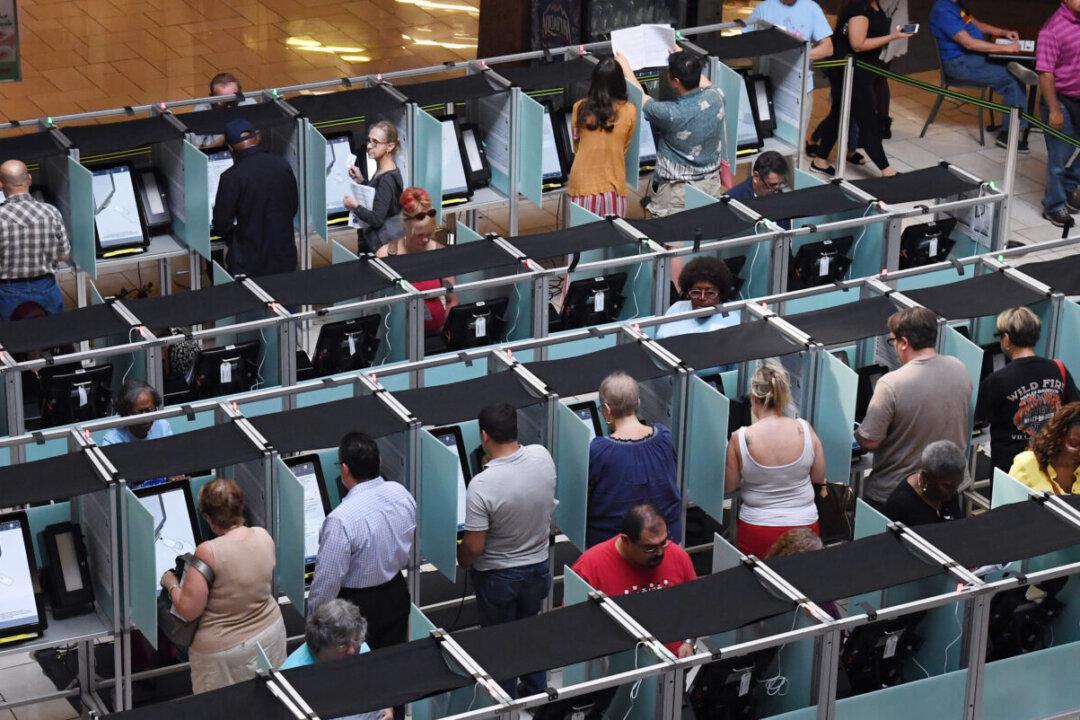WASHINGTON—A proposal to guarantee that the winner of the national popular vote in future presidential elections becomes president of the United States—without going through the effort of amending the U.S. Constitution—now has 70 percent of the state-level support its backers say it needs to become a reality.
The 70-percent mark was achieved April 3 when New Mexico became the 15th jurisdiction in the nation to enact enabling legislation, committing its presidential electors to vote for the candidate who receives the greatest number of popular votes nationally.





